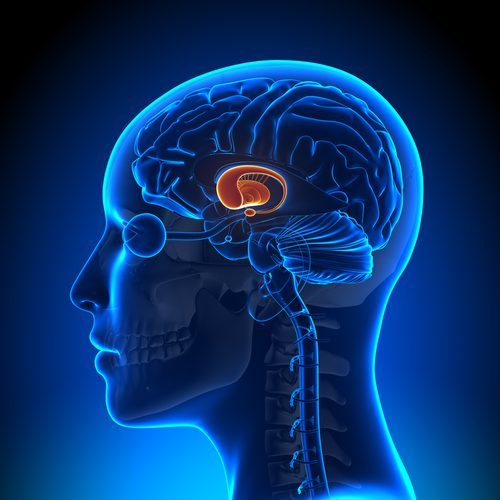
The Effects of Alcohol on the Brain
Once a drink is consumed, it works its way through your bloodstream and hits the brain. Alcohol is a depressant but it can also be an indirect stimulant. Alcohol affects the brain by altering levels of neurotransmitters. A neurotransmitter is a chemical messenger that sends signals throughout the body controlling our thoughts, behavior, and emotions.
Alcohol affects the excitatory and inhibitory neurotransmitters. Glutamate is an excitatory neurotransmitter; however, alcohol suppresses the release of glutamate. This results in a sluggishness of your brain’s neural pathways. An inhibitory neurotransmitter, GABA, reduces our energy levels and calms us down. Alcohol increases the effects of GABA, whereby reducing our energy levels. This is why alcohol is a depressant. It suppresses the excitatory neurotransmitter and increases the inhibitory neurotransmitter. This means that your thoughts, speech, and movements are slowed down and the more you drink, the more you will feel these effects.
Interestingly, alcohol also increases the release of dopamine in your brain’s reward center. If we do something pleasurable, this reward center is activated. Alcohol affects this reward center the same as engaging in something enjoyable like a vacation. As you drink alcohol, dopamine levels in your brain increase but the alcohol is actually tricking you into thinking you feel good. This effect makes some people drink more simply to get this dopamine release. At the same time though the alcohol is also altering other chemicals in the brain that enhance feelings of depression.
As drinking continues, the effect of dopamine will diminish until it is nonexistent. A person who continues to drink will get hooked on the feeling of this dopamine release even though these effects are not there any longer. The person will want this feeling back and continue to find it through drinking more and more. Over time, the addiction to alcohol will begin.
The regions of the brain affected by alcohol include the cerebral cortex, the cerebellum, the hypothalamus and pituitary, and the medulla. Here is a short explanation as to how these regions of the brain are affected by alcohol and how they can influence your behavior.
Cerebral cortex. This area of the brain is responsible for thought processing and consciousness. Alcohol slows down the behavioral inhibitory centers and slows down the information we receive through our senses. This is why it is difficult to think clearly while drinking and makes us less inhibited.
Cerebellum. Alcohol affects our movements and balance, which are processed by the cerebellum. This is why people who drink appear clumsy or why they fall down.
Hypothalamus and pituitary. These coordinate automatic brain functions and the release of hormones. Alcohol depresses nerve centers in the hypothalamus, which is why some individuals cannot perform intimate acts while intoxicated.
Medulla. The medulla monitors our automatic functions such as breathing and body temperature. Alcohol acts on the medulla by making us sleepy, slowing our breathing, and lowering our body temperature.







